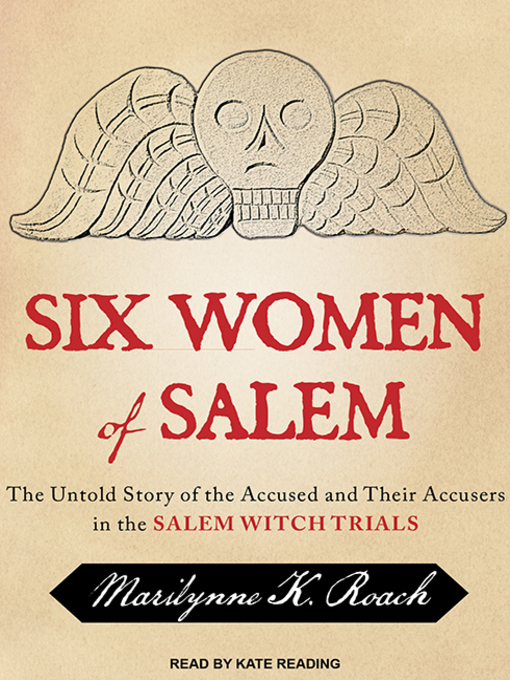-
Description
-
Creators
-
Details
-
Reviews

- Marilynne K. Roach - Author
- Kate Reading - Narrator
OverDrive Listen audiobook
- ISBN: 9781494520403
- File size: 493882 KB
- Release date: March 17, 2014
- Duration: 17:08:55
MP3 audiobook
- ISBN: 9781494520403
- File size: 494781 KB
- Release date: March 17, 2014
- Duration: 16:59:46
- Number of parts: 16

Loading
Formats
OverDrive Listen audiobook
MP3 audiobook
subjects
Languages
English
